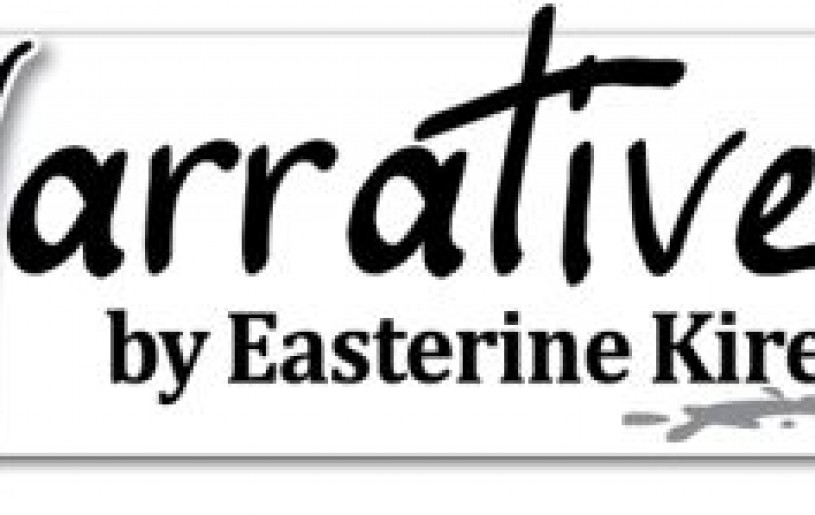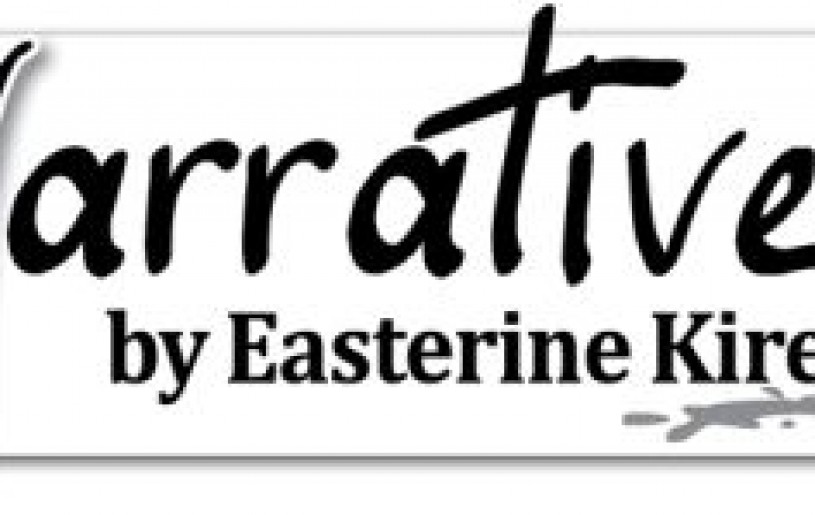
Any good script is largely a result of good editing. To become excellent, a piece of writing has to subject itself to being scrutinized by other eyes than the author’s. The blessing of other eyes sees the little flaws that were not apparent to the author, the little grammatical hiccups and the areas that could be worked on for the better with a change of word or phrase. Our editing teacher taught us to watch eagle-eyed for very frequently used phrases in the media, and find other phrases to substitute them. One of the prime suspects was the phrase, “succumbed to his injuries,” used so habitually that it was almost an insult to the deceased.
In the early days, big national newspapers like The Statesman used to issue a Style book to guide its correspondents on how to write articles worth publishing. The Style book promoted a very British upper-class touch, challenging its users to be well read, quick-witted and updated. It lauded headlines that presented the humourous as drawn from book titles or movie titles that had an uncanny relevance to current political situations. A well-placed sense of pride drove the newspaper to strive for excellence in the pieces it presented, be it a regular news report or a feature, or the morning’s headlines. The Editor was no less stern than a school headmistress, and no less punctilious in finding errors. Editing looked upon the newspaper as an agency of public instruction and public education by setting up a worthy example. Today’s newspaper does not have the luxury of lengthy editing as there is a deadline to printing, and in the case of Nagaland, the threat of power cuts decides how much, if any, editing should go into the texts to be published.
But books and booklets, pamphlets, gazettes – all publications without a strict deadline can indulge in the luxury of editing. Why forego the possibility of enhancing, improving and refining your written word? The critical eye of an experienced editor catches more than typos. The best editors can suss out the mood of the piece and comment on its negativity or superficiality, a factor which might not have been apparent to the author. Some magazine editors will have the policy of their company in mind as they try to tailor articles to reflect and suit their stand. It involves toning down opinions that are seen as biased or bigoted.Not all editors come in this category. The editor who does a very useful job is the one who scrupulously goes through the manuscript and requests the writer to expand on or exclude or include certain points. It streamlines the writing and makes the focus of the piece clearer.
Where book manuscripts are concerned, editing is a must, a professional essential. Who should edit? That is a good question. It should be someone not emotionally attached to the manuscript as editing involves brutal actions. Some characters have to go if they are not serving any real purpose except for the writer’s attachment to them. I think it’s very important to have a culturally sensitive editor. While regular editing can take care of technical shortcomings, a culturally unaware editor can miss the significance of words, terms and practices in a cultural context. But the advantage of having an editor are manifold. Someone else will be looking out for your grammatical mistakes and typos. Someone else will have a bird’s eye view of the whole manuscript and can suggest room for improvement in a much more doable manner than you could have thought of. I can think of a number of books that underwent the scalpel of editing and emerged so much improved for having undergone that. Of course, it goes without saying that the final authority on the manuscript is the author and not the editor. But only a myopic writer would reject an editing job that is well done.
Many books miss out on becoming good books. Sometimes it is just the way they are conceived. Sometimes it is simply the lack of a good dose of editing. Once it is out in print, the flaws are so evident to everyone. Like sending a child to school in scruffy clothing. That can actually be prevented.






